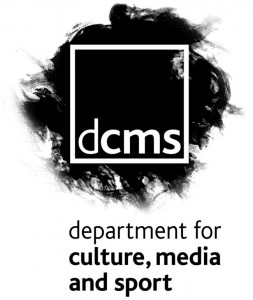
Well finally the DCMS have responded! Up and down the country community radio station managers are celebrating the decision with magnums of Pol Roger champagne, while small commercial stations contemplate the rapid demise of their business…
We jest of course, but you’d be forgiven for believing us if you had read RadioCentre’s comments on Radio Today!
In reality it’s all a bit of a damp squib as we predicted in our post on Monday. By DCMS’s own admission (in their Impact Assessment) it is actually a “Modest Change”. You can see for yourself in their document and on other radio news websites. Community radio currently has a 0.7% share of radio advertising in the UK (source Ofcom Communications Market report 2014). If all CR stations take 100% advantage of the new £15k advertising ability it will increase to around 1.4% – hardly earth shattering. In reality though many community stations will use the new “disregard figure” to reduce the considerable time and effort they currently spend raising funds through non-radio means.
And it is also likely that community radio’s share of the radio advertising market is actually increasing the market size. After all, how many big advertisers have you heard on your local community radio station? The reality is that these small radio stations with 25watt transmitters run by part-time volunteers attract a different tier of advertisers who cannot afford to advertise on commercial stations.
So in effect today’s announcement from the DCMS is preserving the status quo and nudging it slightly in favour of the community stations. In the Government’s mind there seems to be a clear divide between community radio and commercial radio, so they have sought to preserve the regulations that ensure no blurring of the lines.
There are a couple of interesting points buried on page 12 of the DCMS impact analysis:-
- Community stations will have to request (and pay to apply) to use the new DCMS rules: “where stations will want to take advantage of new conditions a small cost would be incurred by a station to meet Ofcom’s administrative and resource costs – to cover application form, guidance note, assessment and decision”
- Perhaps if community stations maintain the pressure there is scope to review the £15k “income disregard” limit over time without waiting for slow legislation: “the income disregard figure will fall to Ofcom to review, on an annual basis, to ensure it retains its worth and benefit to the community radio sector. It should be noted it will be possible for the income disregard figure to be adjusted either up down or to remain unchanged”
We wonder what the radio landscape could have looked like if the DCMS had recommended Option 4 in their Impact Assessment (and learned how to spell!) “4. Full deregulation – Not considered as it would turn community radio into commercial radio undermining wider policy goals. Option 2 is the prefered option.” A renaissance in local commercial radio could be just the tonic that Radio in the UK needs!
Feel free to comment – you can login with various accounts, or just using your name if you wish!


